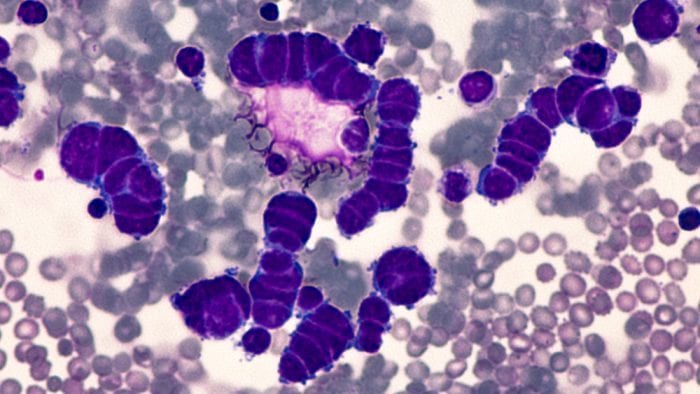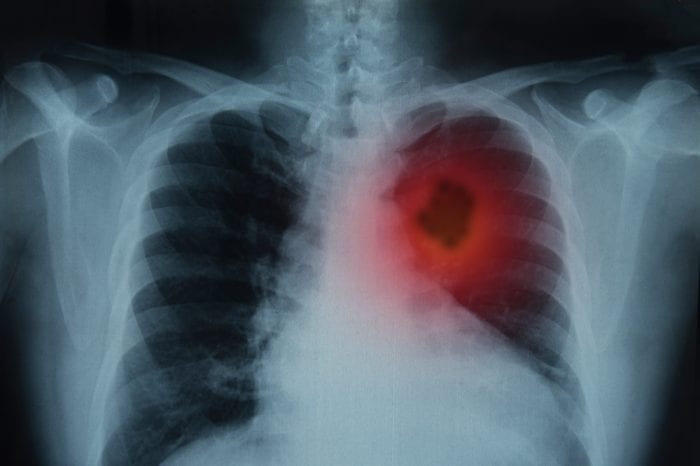
Research on THC and lung cancer should be much further along. Maybe you can thank Richard Nixon for that?
THC and lung cancer have been bitter foe since the beginning of time, but we have only officially known about this since 1975. Unfortunately, soon after the results passed muster of peer review, it all just poofed away. Not a mention, barely a publication, nary an epic news story. RxLeaf had to dig deep into academic connections to even locate a printed copy of this one.
In the early 70s of last century, Richard Nixon ordered a study on the effects of ‘marijuana’ for human health. Things went pretty much in the opposite direction to what he had hoped to reveal. The human lung cancer cultures exposed to cannabis smoke showed detrimental alterations to their DNA synthesis. This was measured by the appearance of chromatin bridges. These bridges make it more likely that a chromosome will break. Researchers hypothesized that THC was interfering with some crucial cell biochemical process that was damaging lung cancer cells.

Nixon’s Bid To ‘Expose Marijuana’ Fails
This purpose of the study was to determine the relationship of THC to lung cancer, specifically the effects of THC on the Lewis lung cancer cell. A secondary part of the research was to examine the effects of THC on leukemia for mice in vivo. It was originally believed that the results would prove cannabis was a danger to human health.
You should note that the lung cancer study had a big in vitro component. Researchers extracted Lewis lung cancer cells and bone marrow cells. Cannabinoids were then alcohol extracted from the plant and conjugated to the albumin to interact with cancer cells. Today, more sensitive techniques have been developed, that are both practical and more effective.
A second caveat before we celebrate the findings is that in vitro studies don’t always show the same results in vivo. This is because in the living organism, other cell processes are happening at the same time that affect the treated cells and the surrounding tissue. This can make the treatment more, or more frequently, less effective.
The Results Show That THC Shrinks Lung Cancer Tumor Cells
Different doses of THC were administered to determine if the tumor was shrinking or at least stalling. The tumor decreased in size and weight with the application of THC and CBN (cannabinol). This was accomplished by inhibiting Lewis lung cancer cell growth. Interestingly, this group found CBD to have the opposite effect. Modern results would disagree.
Oral administration of THC was as follows: 25, 50 and 100mg/kg of the THC inhibited primary tumor. This translates to: 48, 72 and 75%, respectively, according to the study. Nowadays, research points out that cannabinoids help treat cancer-related side effects, typically prescribed through cannabinoid pharmaceuticals: nabilone and dronabinol.
Conclusion: THC Damages Cell Function in Cancer Cells
The group concluded inhibition of the tumor growth and increased survival of the animals after the THC treatment. This may be due to the ability of the drug to inhibit nucleic acid synthesis. These results supported emerging evidence that THC modifies cell responses.
Researchers found that cannabinoids readily cross the blood-brain barrier and don’t have the toxic characteristics of other cytotoxic agents that were used at the time. This should have made THC an attractive medicine for further research.

It is frankly shocking that the evidence was emerging in the 70s about the positive effect of the cannabis treatment on cancerand it was not utilized until recently. This may be due to some external factors not really related to science and technology, if you understand what I mean.
Source:https://www.rxleaf.com



